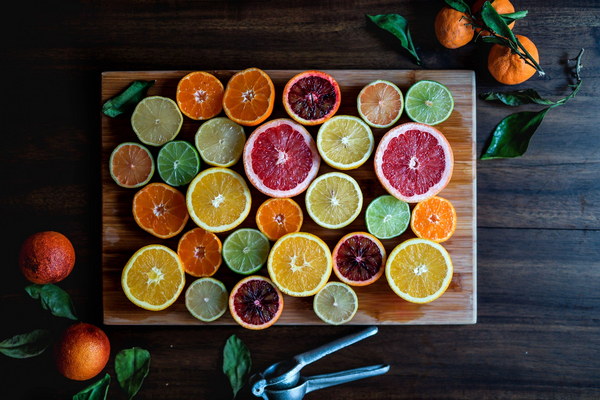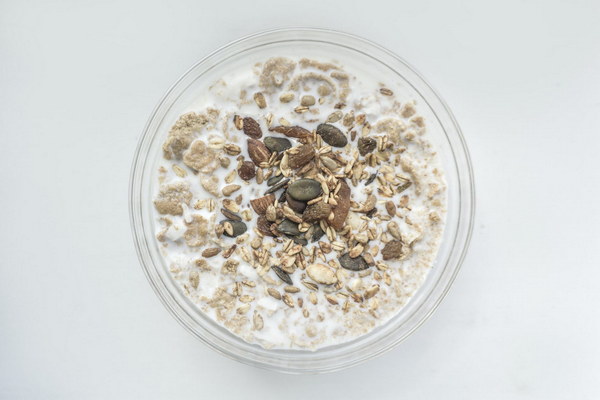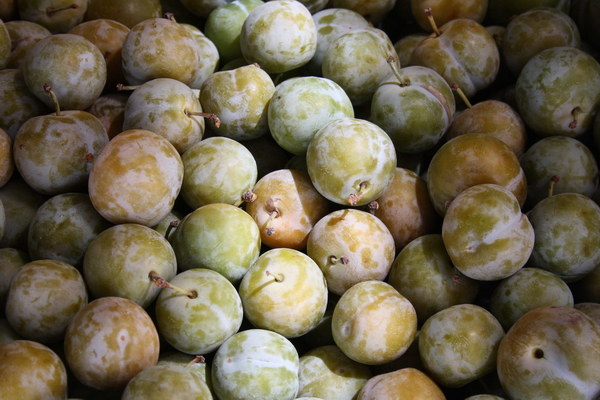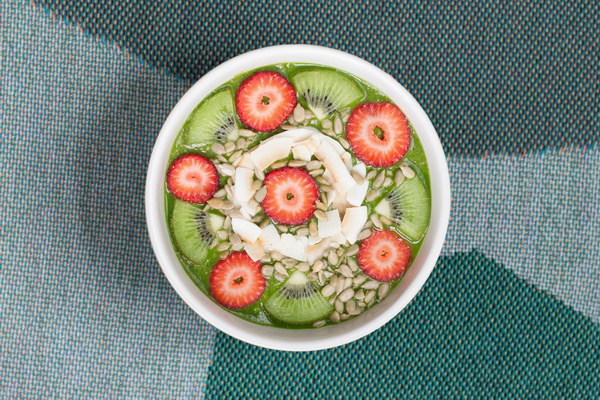Curing Nighttime Cough and Excessive Phlegm A Dietary Approach for Daytime Comfort
Introduction:
Coughing and excessive phlegm are common symptoms that can disrupt your sleep and overall well-being. While it may be difficult to find relief during the day, nighttime exacerbation can be particularly troublesome. This article explores a dietary approach to alleviate nighttime cough and excessive phlegm, helping you enjoy a peaceful night's sleep.
Understanding the issue:
Nighttime cough and excessive phlegm can be caused by various factors, including allergies, respiratory infections, or chronic conditions such as asthma or COPD. In many cases, these symptoms may worsen during the night due to changes in body temperature, humidity, or sleep position. By addressing the root cause and adopting a healthy diet, you can effectively manage your symptoms and improve your sleep quality.
1. Stay hydrated:
Drinking plenty of fluids throughout the day is essential for thinning mucus and preventing congestion. Aim to consume at least 8-10 glasses of water daily. You can also incorporate herbal teas, broths, or warm lemon water, which can help soothe your throat and reduce nighttime coughing.

2. Incorporate anti-inflammatory foods:
Inflammation can exacerbate cough and phlegm production. Include anti-inflammatory foods in your diet, such as fatty fish (like salmon, mackerel, and sardines), flaxseeds, chia seeds, berries, and dark leafy greens. These foods contain omega-3 fatty acids and antioxidants that can help reduce inflammation and improve respiratory health.
3. Boost your immune system:
A strong immune system can help fight off infections that cause cough and phlegm. Incorporate immune-boosting foods into your diet, such as citrus fruits, garlic, ginger, mushrooms, and yogurt. These foods contain vitamins, minerals, and other nutrients that support immune function.
4. Avoid trigger foods:
Certain foods can trigger coughing and phlegm production in some individuals. Common triggers include dairy products, spicy foods, caffeine, alcohol, and processed foods. Keep a food diary to identify any potential triggers and avoid these foods, especially at night.
5. Include lung-soothing foods:
Certain foods can help soothe your respiratory system and alleviate cough and phlegm. These include honey, ginger, turmeric, and onions. You can incorporate these ingredients into your meals or create natural cough remedies, such as honey and lemon tea or a turmeric-ginger tea.
6. Focus on fiber-rich foods:
Fiber can help prevent constipation, which can lead to increased phlegm production. Include fiber-rich foods such as whole grains, legumes, fruits, and vegetables in your diet. This can also help maintain regular bowel movements and reduce the risk of nighttime coughing.
7. Practice mindful eating:
Eating slowly and mindfully can help prevent overeating and indigestion, which can contribute to nighttime coughing and phlegm. Take the time to savor your meals, and avoid eating large meals before bedtime.
Conclusion:
Adopting a healthy diet can significantly improve your sleep quality and manage nighttime cough and excessive phlegm. By staying hydrated, incorporating anti-inflammatory and immune-boosting foods, avoiding trigger foods, and focusing on lung-soothing ingredients, you can create a dietary plan that supports your respiratory health. Remember to consult with a healthcare professional before making any significant changes to your diet or treatment plan.









